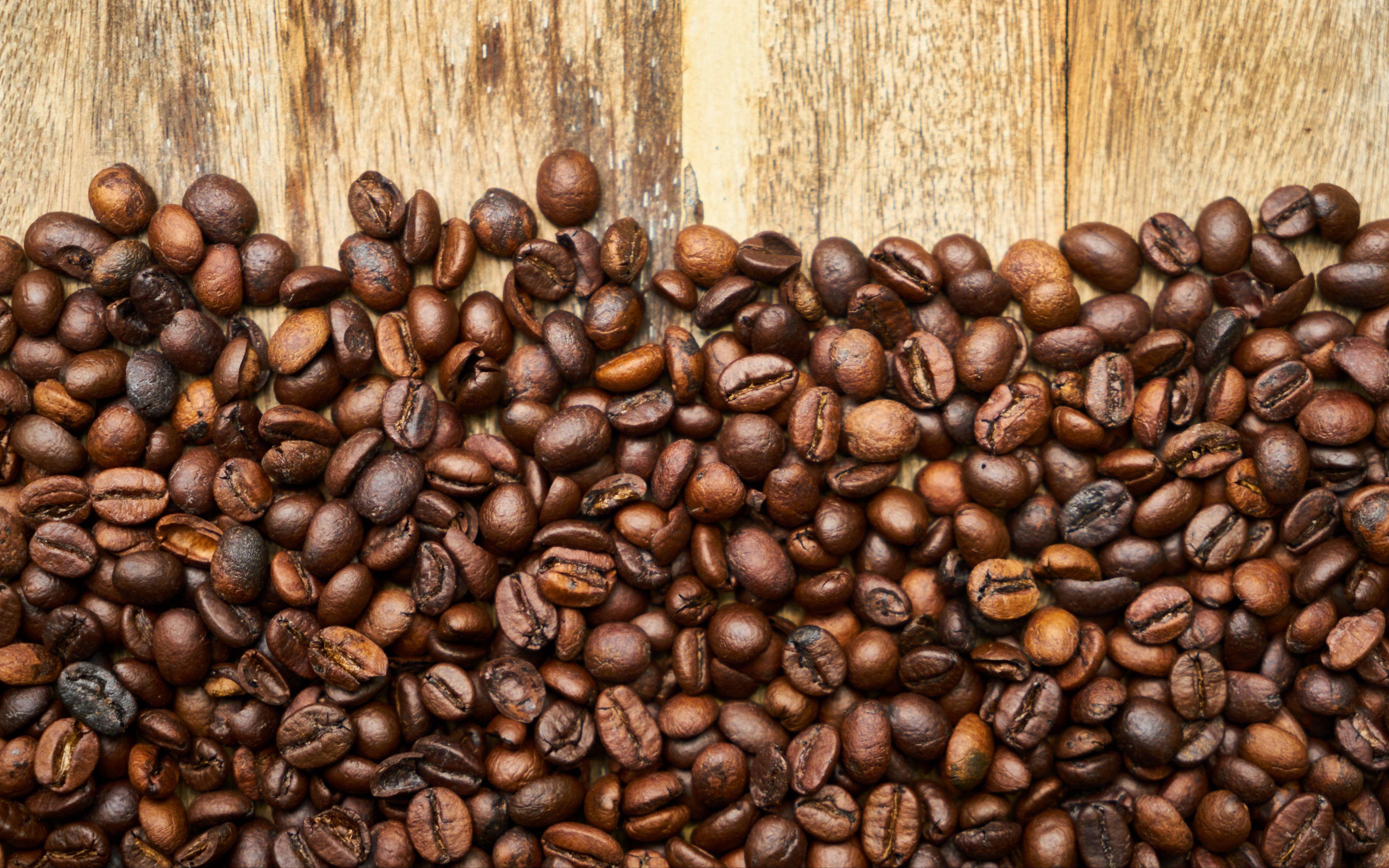Unmasking the Truth Concerning Decaf Coffee Beans
Decaf java has become the popular choice among coffee drinkers who want to enjoy their favorite beverage with no effects of caffeine. Decaf coffee beans undergo a procedure to remove just about all of the caffeine content while sustaining the rich tastes and aromas of which coffee lovers delight in. With all the rise in demand for decaf coffee, more consideration is being provided to the several approaches used to decaffeinate coffee beans and even whether these processes impact the taste and quality of the particular final product. Knowing the truth behind decaf coffee beans may help consumers make informed decisions whenever choosing their following cup of java.

Historical past of Decaf Caffeine
The particular discovery of decaf coffee is usually a certain amount to a guy named Ludwig Roselius, a German product owner. Legend has that that in the earlier 20th century, some sort of shipment of caffeine beans became over loaded in seawater in the course of transport, which inadvertently removed most of the caffeine. This specific prompted Roselius to be able to experiment further, leading to the enhancement of the first commercially viable decaffeination procedure.
Decaf coffee gained popularity in the United States during the mid-20th century, specifically throughout the era of World War II when espresso rationing led buyers to find alternatives. The particular demand for decaf coffee grew progressively, prompting more development in the decaffeination methods and the particular introduction of new blends to accommodate to varying likes.

Through the entire years, the procedure of decaffeinating espresso beans has evolved, incorporating various techniques for example solvent-based strategies, water processing, in addition to CO2 extraction. Today, decaf coffee remains a popular choice for these looking to take pleasure in the taste of caffeine without the rousing effects of caffeine.
Decaf Coffee Processing Methods
Decaf espresso beans undergo several methods to get rid of caffeine content. 1 common method will be the Swiss Water Process, where coffee beans are soaked inside water to break down caffeine, then filtered through activated charcoal to remove the caffeine-laden solution.
Another prevalent technique is the Co2 Dioxide Process, which involves using liquid carbon to extract the particular caffeine from the beans. The coffee beans are immersed inside a high-pressure LASER environment, allowing typically the caffeine to break down while leaving the flavors intact.
Lastly, typically the Solvent-based Process involves using chemical solvents like ethyl acetate or methylene chloride to decaffeinate typically the beans. The solvent is used on typically the beans to remove the caffeine, then evaporated off, departing behind decaffeinated coffees.
Health Benefits of Decaf Caffeine
Decaf coffee can give various health benefits. It contains antioxidants that help guard cells from damage and reduce inflammation within the body. Some studies claim that decaf java may lower the particular risk of particular diseases such because type 2 diabetes and Alzheimer's.
In addition, decaf coffee is definitely less very likely to result in digestive issues compared to regular espresso, making it some sort of gentler option for those with delicate stomachs. It likewise contains some nutrients like potassium plus magnesium, which will be beneficial for overall health and well-being.
Moderate consumption of decaf coffee has become linked to a reduced likelihood of certain types of tumor, including liver plus colorectal cancer. The particular caffeine content inside regular coffee can have negative effects on some people, so opting for decaf may be a more healthy choice without restricting the potential health benefits of coffee consumption.